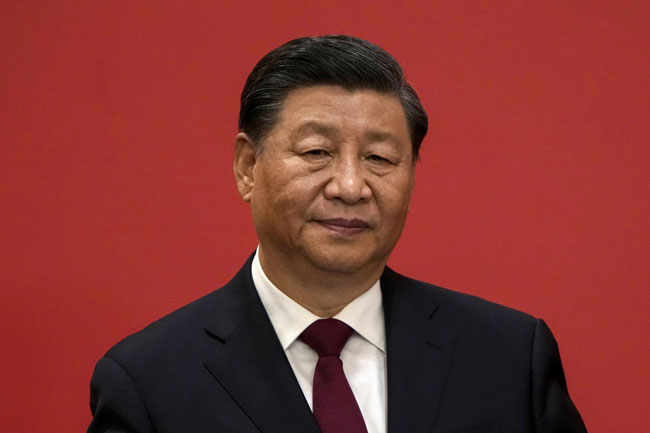Desk:Brazil has delivered a major blow to China by declining to join the Belt and Road Initiative (BRI), a multi-billion dollar Chinese infrastructure project aimed at expanding global influence. Brazil’s President Lula da Silva has chosen not to support the BRI and will instead seek alternative ways to collaborate with Chinese investors. This makes Brazil the second BRICS nation after India to reject this ambitious project.
According to Celso Amorim, Special Adviser to the President, Brazil is looking to elevate its relationship with China without committing to the BRI framework. Amorim stated, “China may call it the Belt and Road Initiative, but what matters to us is prioritizing projects that align with our interests, whether China agrees or not.”
This decision likely disrupts China’s plans, which included hopes of formalizing Brazil’s entry into the BRI during President Xi Jinping’s visit to Brasília in November. The Brazilian public has shown reluctance toward joining the BRI, seeing no substantial benefits and potential risks, especially if U.S.-China relations worsen. Recent meetings in China with Brazilian officials Rui Costa and Amorim ended with dissatisfaction over China’s proposals, pushing Brazil to chart its own path.
India has openly opposed the BRI due to sovereignty concerns, especially in regard to the China-Pakistan Economic Corridor (CPEC), which passes through disputed territories. The U.S. had also cautioned Brazil about joining the BRI, highlighting potential drawbacks. This decision places Brazil in alignment with India, marking a significant stance within BRICS against China’s flagship initiative.




